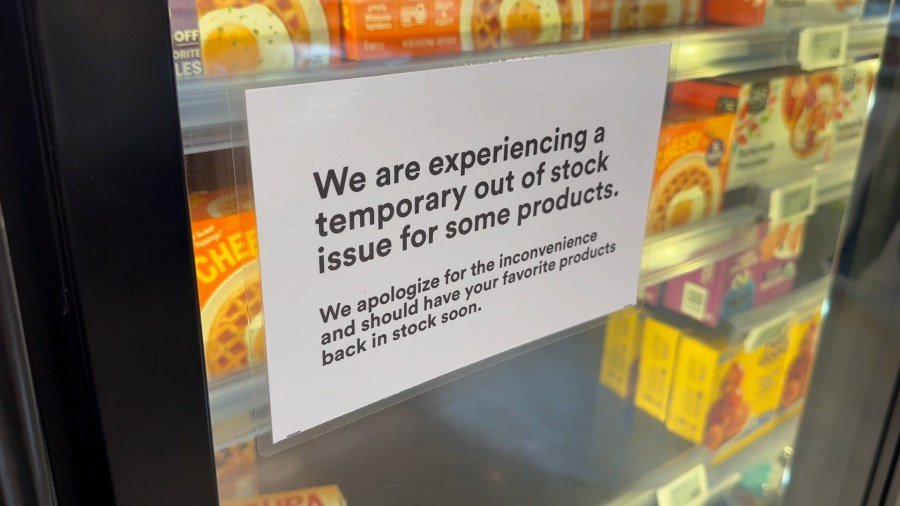AUSTIN (KXAN) — Whole Foods stores across the country are experiencing a few shortages due to a cyberattack. The company’s primary organic food distributor, United Natural Foods Inc. (UNFI), experienced a cyberattack earlier this month.
A filing with the United States Securities and Exchange Commission showed on June 5, UNFI became aware of unauthorized activity on certain of its information technology systems.
As a result, the company took certain systems offline, which temporarily impacted the ability to fulfill and distribute orders.
In the most recent update, UNFI said it has made significant progress to safely restore systems and that it’s receiving and shipping products to its grocery store customers across the country.
A Whole Foods Market spokesperson said the company is working to restock shelves as quickly as possible and apologizes for any inconvenience.
‘Exploit security gaps’
Chris Burroughs is the president and CEO of the Transportation Intermediaries Association, a trade association representing businesses involved in logistics and the movement of goods.
“On Capitol Hill, we’re the voice for the industry,” Burroughs said. “We do networking, education, advocacy and a lot of policy work and a lot of education around this issue of fraud.”
The TIA’s 2025 Fraud Report showed 83% of logistics companies were hit by multiple fraud types in the last six months.
“Exploit security gaps and their billing portals, their routing systems, their communication networks. It’s a very coordinated, highly sophisticated criminal, organized criminal element that’s doing this.”
Chris Burroughs, President & CEO Transportation Intermediaries Association
Burroughs said it often starts with a fraudulent email scam. Once a company’s information is compromised, Burroughs said criminals change carrier information to pose as legitimate companies.
They use this fake identity to get loads set for delivery and then steal the goods.
“From there, it’s gone, typically taken across the border or put back into the supply chain,” Burroughs said.
Burroughs said food and beverage is the number one target in these situations, because there’s no sort of traceability like there is with electronics. He said that means it’s easier for a bad actor to put the items back into the market.

